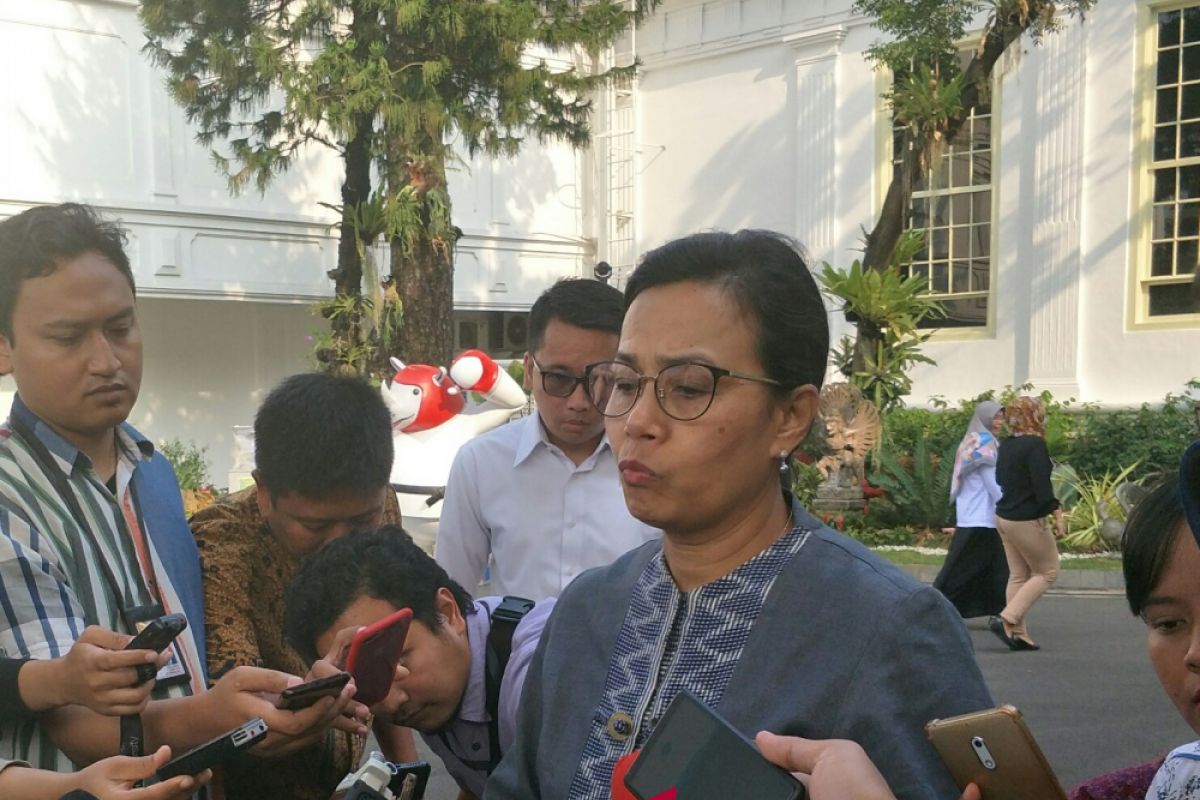"Price stability was an important component," the Minister told reporters here.
She said the deflation was the result of hard work by the government to keep the public confidence in the country`s economy amid the global uncertainty at present.
"We all know under the condition of global market environment which is quite volatile, issue of stability is vital to maintain confidence," she said.
She said the government will continue to control the causes of inflation, maintain food prices and coordination with the Financial Service Authority to keep rupiah stability.
Other seasonal cause of inflation is high demand for food products during year end ahead of Christmas and new year.
"We will see these factors together with Bank Indonesia to strengthen stability," Sri Mulyani said.
Earlier the Central Bureau of Statistics (BPS) said the country recorded a deflation of 0.05 percent in August on decline in food commodity prices.
The prices of eggs of purebred chicken, red onion, broiler meat, red pepper and fresh fish dropped in August.
The decline in the prices of food commodities caused a deflation in of 1.1 percent in August 2018.
With the deflation in August, the country`s inflation in the first 8 months of this year was 2.13 percent and year-on-year inflation in August was 3.2 percent.
Separately, economist of Bahana Sekuritas Satria Sambijantoro predicted that inflation until the end of the year would well under control after the deflation in August.
"The inflation will remain low ahead of the general election in April, 2019 as the government is set to keep price stability," she said.
She said the core inflation would remain low and would not be affected by the change in the rupiah exchange rate with the strong economic fundamental.
"The impact of rupiah depreciation on `imported inflation` is limited that rupiah exchange rate would have no significant effect on inflation," Satria said.
Reported by Satyagraha
Edited by Rahmad Nasution
Reporter: antara
Editor: Heru Purwanto
Copyright © ANTARA 2018












